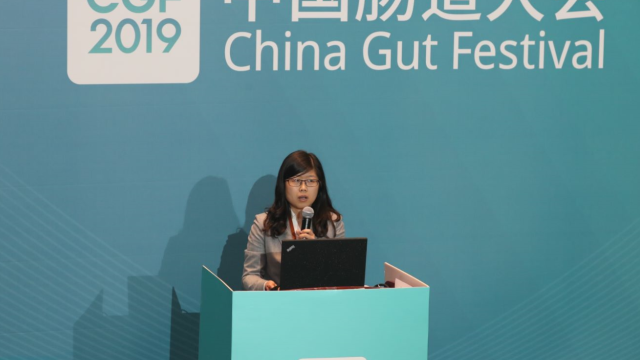A NOVEL GUT MICROBIAL METABOLITE INHIBITS γ-BUTYROBETAINE HYDROXYLASE AND CAUSES FATTY LIVER
The Institute of Cardiovascular Sciences, Key Laboratory of Molecular Cardiovascular Sciences of Ministry of Education, Health Science Center, Peking University, Beijing, China; Non-alcoholic fatty liver disease (NAFLD) is characterized by excessive hepatic accumulation of triglycerides. Here we identified a novel metabolite generated from trimethyllysine by gut flora, was elevated in NAFLD and diabetic patients. This metabolite binds to and inhibits γ-butyrobetaine hydroxylase (BBOX), resulting in reduced carnitine synthesis. Mice treated with this metabolite displayed decreased whole-body carnitine and acyl-carnitine levels, reduced mitochondrial FFA oxidation, and cold tolerance. Carnitine deficiency in BBOX-knockout mice also showed decreased FFA oxidation, resulting in elevated FFA uptake and accumulation in liver, and exacerbated high fat diet (HFD)-induced fatty liver. These phenotypes of BBOX deficiency hence closely mirrored the effects of TMAVA treatment. Importantly, carnitine supplementation reversed the metabolite-induced NAFLD. These results thus demonstrate that the gut flora-derived the metabolite is a key determinant for the development of NAFLD through directly affecting carnitine synthesis and subsequent FFA oxidation.
郑乐民 时长:21:39


